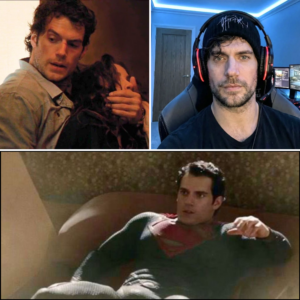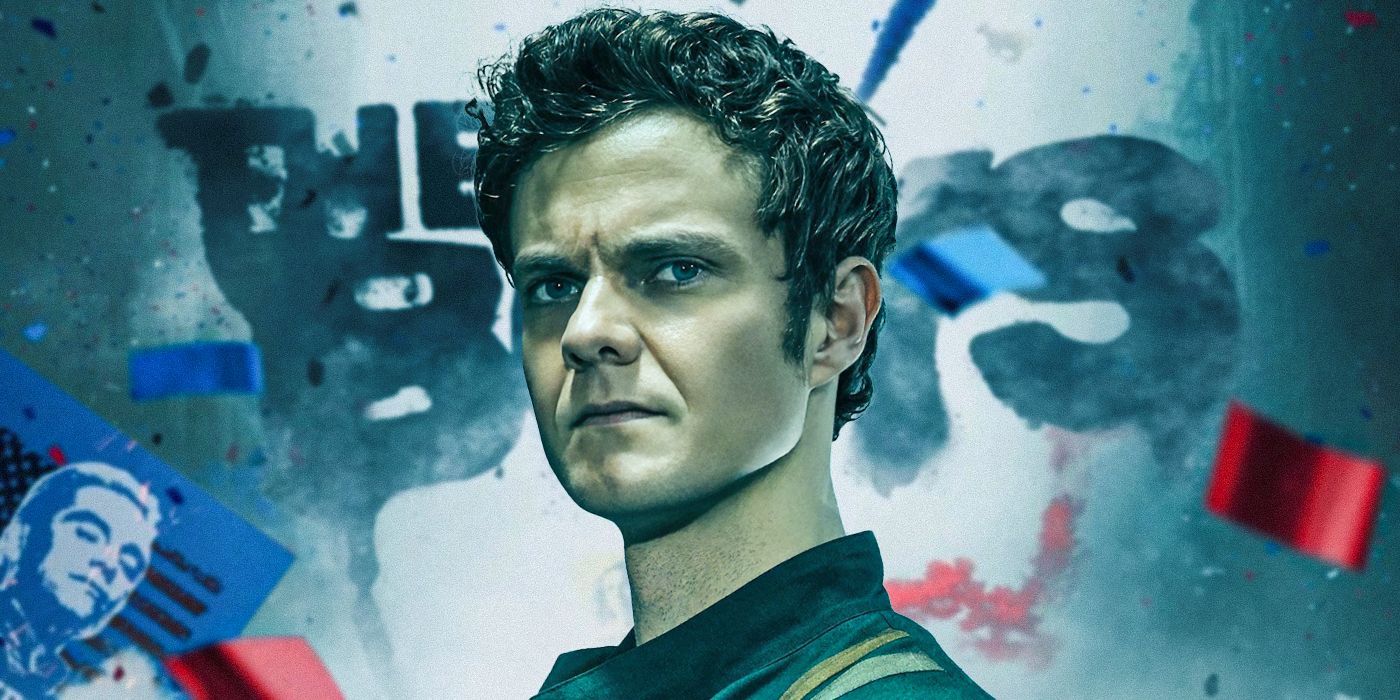
As a series, The Boys is known for two things, above all else — those being satire and gratuity. However, the show always has something to say beneath it all and can be surprisingly emotional when it needs to be. Perhaps the best example this season comes with the decline and death of Hugh Campbell Sr. (Simon Pegg) over the course of five episodes. The moment proves a crucial test for Hughie (Jack Quaid) as a character, teaching him to let go of his father and his own fear of loss. The scene, born from a selfish act that Hughie now has to pay for, reinforces the notion that no superpowers can be trusted, since they remain uncontrollable and can corrupt even good people. Such thinking lays the groundwork for the virus subplot, and, if the comics are any illustration, could foreshadow a final struggle between Hughie and Billy Butcher (Karl Urban) in the final season, both moral and physical.
Hugh Sr.’s Death in ‘The Boys’ Season 4 Acts as an Important Lesson for Hughie
Ever since the death of Robin (Jess Salgueiro) began his own journey in the opening scene, poor Hughie has undergone more trauma than anyone should ever have to deal with. Having already lost his mother Daphne (Rosemarie DeWitt) as a child, he remained distant from his dad after becoming involved with Butcher and his teammates. Therefore, when his father has a stroke only moments after attempting to call him, Hughie understandably is wracked with guilt. He risks exposing A-Train (Jessie T. Usher) as an informant for the Boys by asking him to find Compound V in hopes of using it to save his father. Although Butcher warns him against the idea, and he seems to pull back at the last moment, Daphne does it for him, and he is still responsible for creating the circumstances for Hugh Sr. to be revived. While the reunion is genuinely heartfelt and provides the family a final day together, the consequences loom clearly in the background and Hughie himself is deeply suspicious that something might go terribly wrong, as it inevitably does.
Hugh Sr. himself knows how much his son can grow attached to others, relaying the anecdote about their cat to explain why he gave Daphne power of attorney. This selfish impulse extends to the negative as well, such as when he struggles to forgive A-Train. But his ability to finally do so in Season 4 marks an important shift for his character. As showrunner Eric Kripke recently noted in an interview with The Hollywood Reporter, the arc Hughie and others undergo in Season 4 is about the importance of letting go for the sake of your own happiness:
“Hughie was never good at letting anybody go. He wasn’t good at letting go of Butcher, Annie, or of his anger towards A-Train. And so, this season, he learns it was time to let his father go; he learns it was time to let go of his anger towards A-Train. It’s time to show forgiveness towards his mother, and that forgiveness isn’t about the other person — forgiveness is a healthy advantage and benefit to yourself. Because you’re not carrying hate anymore, which weighs so heavily. So, in many ways, he has the most mature emotional journey of the characters, because he really learns the secret about mercy, forgiveness and letting go.”
Hugh Sr.’s reaction to Compound V eventually rears its ugly head. Uncontrollable phasing abilities aside, the deteriorating state of Hugh Sr.’s mind feels reminiscent of dementia, something many adults witness with their parents throughout their own lives. Seeing Hughie’s father regain lucidity before he dies is a heartwarming farewell to the most important figure in Hughie’s life. As the man who inspired the physical likeness of Hughie himself in the original comics, the show almost feels as if it is saying goodbye to its own inspiration, just as Hughie does in the scene. In a series that can be so graphic and even mean-spirited, such a rare tender moment speaks volumes.
In ‘The Boys,’ Power Always Comes With a Cost
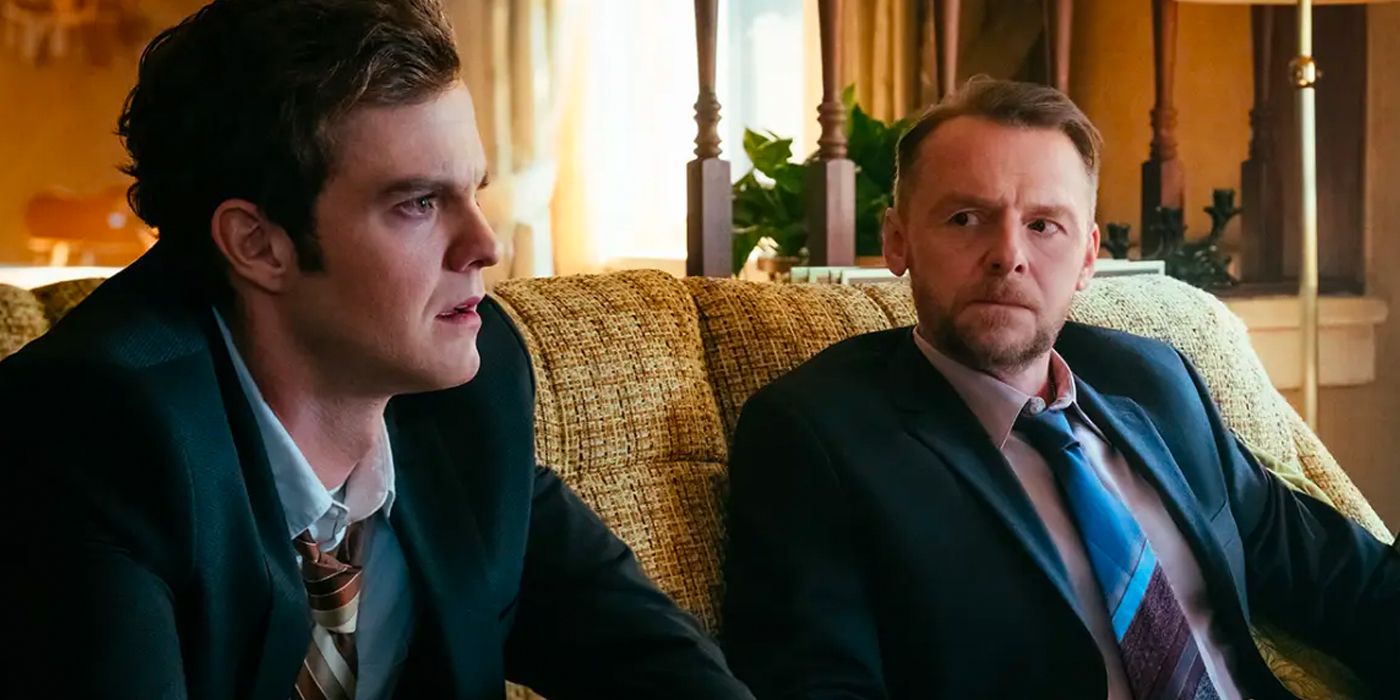
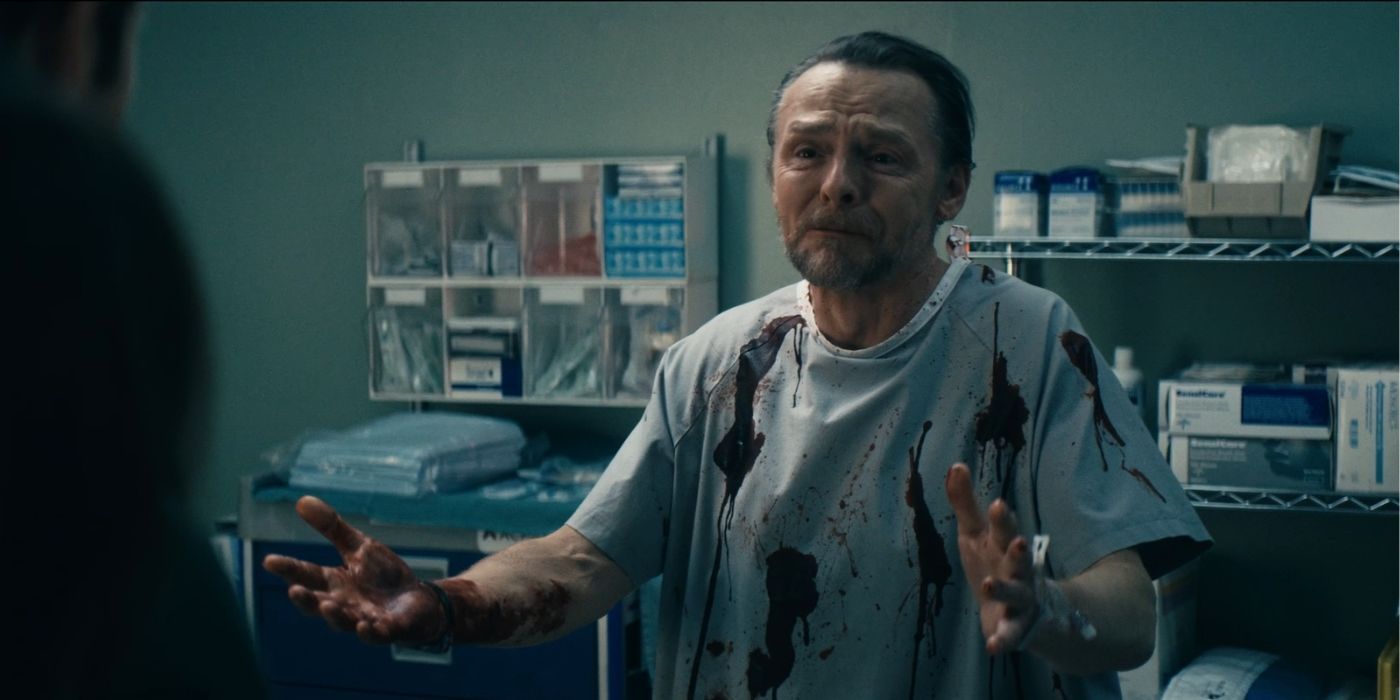
Since the end of the third season, the true nature of what using Compound V can do to those who use it recklessly has been a major theme of the show. In the same episode that Hugh Sr. goes on a rampage (“Beware the Jabberwock, My Son”), we see killer animals threatening everyone present at the farm, as well as Butcher coping with his terminal illness — itself reflected in the tortured bunny he finds in the grass. Ironically, the powers themselves seem reflective of the state of the person who uses them, and Hugh Sr. literally remarks that Daphne made him feel invisible after his departure. There is an interesting family dynamic here as well, since Hughie himself had very similar teleportation powers during his use of temporary Compound V, suggesting genetics might play a major role in how powers are distributed.
Like Butcher before him, Hughie faces major consequences for trying to use Compound V as a simple solution to many of his problems. Throughout the show, superpowers are demonstrated as things that enhance personal issues, rather than mitigate them. Characters like Homelander (Antony Starr) display this on a wider scale, displaying his unstoppable powers and clear lack of morality as a terrifying global threat, but Hughie displays that even the best people can be tempted to use it for the wrong reasons. The fourth season in particular has shown the darker side of even the most heroic characters, raising questions about whether anyone can be trusted with these kinds of powers in the first place. Instead of regulating them in a lab or fighting fire with fire, the show suggests the answer may be getting rid of superpowers entirely due to their inherently distrustful nature. This very thinking, combined with his own status as a dying man, explains the ethical justification behind creating the virus and the attempt by Butcher to spread it within the population, creating a major dilemma that could define the ending of the series itself.
The Death of Hugh Sr. Could Have a Major Impact Going Forward
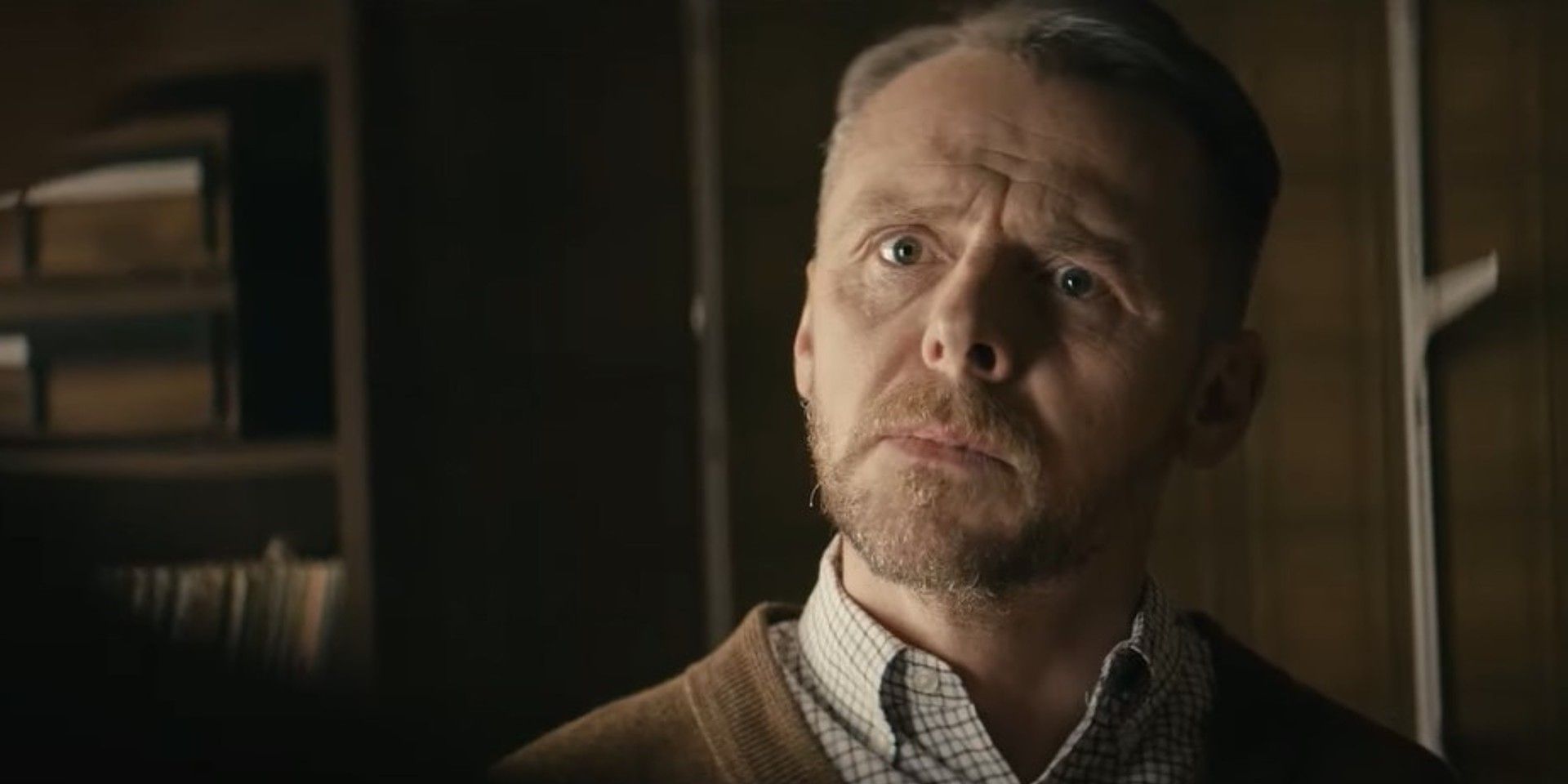
Initially, the plot surrounding Hughie and his father might seem out of place in a season filled with political intrigue, killer sheep, and even a possible future pandemic. After all, the scenes with his mom have rendered Hughie isolated from the rest of the cast for much of the season, with no idea about the superhuman virus set to be unleashed. However, this actually could be a good thing, as it gives him a newfound perspective on life and only enhances his own moral code. With his crucial lesson in letting go of the people he cares about when it’s the right time, Hughie might now be forced to make an impossible decision.
Alongside Starlight (Erin Moriarty) as the dual protagonist, Hughie remains possibly one of the few truly “good” characters in The Boys, and it remains unlikely that he would embrace such a desperate approach to wiping out Supes that Butcher has begun to entertain. Even Grace Mallory (Laila Robins) was horrified by the idea in Gen V, and the question of genocide against superhumans might finally be the thing that breaks the strained relationship between Hughie and Butcher. Clearly, the show has taken deviations from the ending of the comics, but many of the basic elements are still there. Butcher himself is a dying man, one who has begun to endorse his darker impulses with the advice of Kessler (Jeffrey Dean Morgan), and Hughie might decide the time has come to put his friend out of his misery, exactly like his own father. Unlike the nihilism of its comic counterpart, The Boys has often shown a willingness to embrace both romantic and cynical notions about the nature of superheroes. Just as Ryan (Cameron Crovetti) might inevitably be forced to take down his own father to reaffirm the notion of being a hero, so too might Hughie have to tragically face off against Butcher to prevent him from becoming a villain.
